
Kód: 04818713
Decline and Fall of Virgil in Eighteenth-Century Germany
Autor Geoffrey Atherton
In the early modern period, the culture of Rome, with Virgil as its greatest figure, was the model for emulation. The age of Louis XIV compared itself to the Augustan age, and Dryden hailed Virgil as "my Divine Master." But in 18t ... celý popis
- Jazyk:
 Angličtina
Angličtina - Vazba: Pevná
- Počet stran: 332
Nakladatelství: Boydell & Brewer Ltd, 2006
- Více informací o knize

3793 Kč
Dostupnost:
50 % šance Máme informaci, že by titul mohl být dostupný. Na základě vaší objednávky se ho pokusíme do 6 týdnů zajistit.
Máme informaci, že by titul mohl být dostupný. Na základě vaší objednávky se ho pokusíme do 6 týdnů zajistit.Prohledáme celý svět
Mohlo by se vám také líbit
-

Japanese Fairy Book
767 Kč -

History of the Ptolemaic Empire
1611 Kč -

Junia
800 Kč -

Behind the Smile, Second Edition
674 Kč -

Politics and Feminism
3625 Kč -

Living on the Edge of the Gulf
3557 Kč -

Miracle and Machine
1400 Kč
Darujte tuto knihu ještě dnes
- Objednejte knihu a zvolte Zaslat jako dárek.
- Obratem obdržíte darovací poukaz na knihu, který můžete ihned předat obdarovanému.
- Knihu zašleme na adresu obdarovaného, o nic se nestaráte.
Informovat o naskladnění knihy
Zadejte do formuláře e-mailovou adresu a jakmile knihu naskladníme, zašleme vám o tom zprávu. Pohlídáme vše za vás.
Více informací o knize Decline and Fall of Virgil in Eighteenth-Century Germany
Nákupem získáte 379 bodů
 Anotace knihy
Anotace knihy
In the early modern period, the culture of Rome, with Virgil as its greatest figure, was the model for emulation. The age of Louis XIV compared itself to the Augustan age, and Dryden hailed Virgil as "my Divine Master." But in 18th-century Europe, a general shift occurred in favor of Greece, a trend that was most pronounced in Germany. Winckelmann, the spokesman for philhellenism, extolled Greek art and dismissed all Roman art as derivative and Virgil as second rate and incapable of understanding true beauty. Yet he nonetheless remained indebted to Virgil for his view of Greek art, although he failed to recognize it.The export of Winckelmann's new view of Virgil and more generally Roman culture - shared to varying extents by Lessing, Herder, Goethe, and the brothers Schlegel - to the rest of Europe in the 19th century, particularly to the English-speaking world via Coleridge and Matthew Arnold) soon made it the reigning dogma: indeed it formed the point of departure for Virgil scholarship in the 20th century. This, however, did not prevent German poets from using Virgil, although neither they nor later scholars called attention to it. Virgil became a repressed muse, and has a continued, unexamined presence in the epic and idyll of Klopstock, Wieland, Goethe, and Novalis. Geoffrey Atherton's comparative investigation of the relation of modernity to antiquity through Virgil and his twofold reception represents a new perspective on this issue. Geoffrey Atherton is assistant professor in the Department of German Studies at Connecticut College.
 Parametry knihy
Parametry knihy
Zařazení knihy Knihy v angličtině Literature & literary studies Literature: history & criticism Literary studies: general
3793 Kč
- Plný název: Decline and Fall of Virgil in Eighteenth-Century Germany
- Podnázev: The Repressed Muse
- Autor: Geoffrey Atherton
- Jazyk:
 Angličtina
Angličtina - Vazba: Pevná
- Počet stran: 332
- EAN: 9781571133069
- ID: 04818713
- Nakladatelství: Boydell & Brewer Ltd
- Hmotnost: 578 g
- Rozměry: 229 × 152 × 24 mm
- Datum vydání: 01. February 2006
Oblíbené z jiného soudku
-

How to Read a Book
303 Kč -
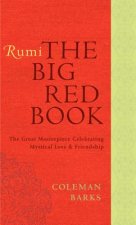
Rumi: The Big Red Book
357 Kč -

Mysteries of Udolpho
286 Kč -

Saga of Tanya the Evil, Vol. 3
271 Kč -

Selected Essays
276 Kč -

Tom Jones
236 Kč -
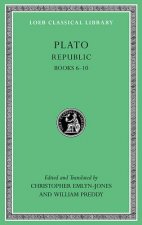
Republic
912 Kč -

New Oxford Book of Victorian Verse
459 Kč -

Misanthrope and Other Plays
255 Kč -

Dr Faustus
276 Kč -

Doctor Faustus
415 Kč -
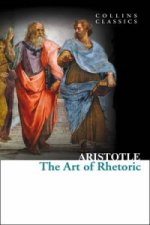
Art of Rhetoric
90 Kč -

Complete Poems of Hart Crane
416 Kč -

The Picture of Dorian Gray
182 Kč -

Anna Karenina
218 Kč -
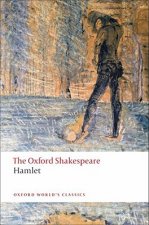
Hamlet: The Oxford Shakespeare
236 Kč -

Weird and the Eerie
249 Kč -

On Writers and Writing
303 Kč -
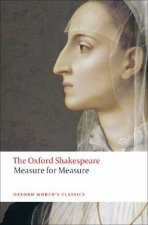
Measure for Measure: The Oxford Shakespeare
223 Kč -

Sejong Korean Extension Activity Book 1A - English Edition, m. 1 Audio
550 Kč -
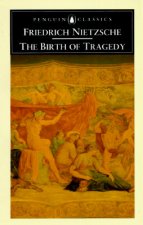
Birth of Tragedy
249 Kč -
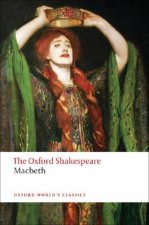
Tragedy of Macbeth: The Oxford Shakespeare
233 Kč -
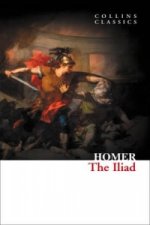
Iliad
104 Kč -

Moveable Feast
254 Kč -

Golden Bough
380 Kč -

Gulliver's Travels
170 Kč -

Dream Story
276 Kč -

Finn and Hengest
276 Kč -

Outsider
276 Kč -
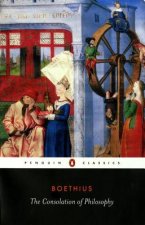
Consolation of Philosophy
276 Kč -
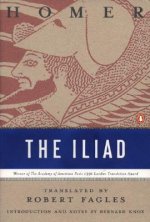
Iliad
416 Kč -

Analysis of Donna Haraway's A Cyborg Manifesto
227 Kč -

Devils
268 Kč -

J. R. R. Tolkien
276 Kč -

Tragedy of King Richard III: The Oxford Shakespeare
234 Kč -

Sejong Korean Student Book 2A - English Edition, m. 1 Audio
732 Kč -

Selected Poems
366 Kč -

Cambridge Greek Lexicon 2 Volume Hardback Set
2412 Kč -
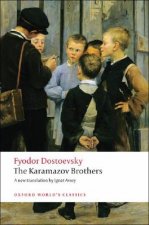
Karamazov Brothers
276 Kč -

The Tempest: The Oxford Shakespeare
223 Kč -

Guide to Old English 8e
1953 Kč -

Complete English Poems
410 Kč -

Robinson Crusoe
202 Kč -

Literature and Evil
303 Kč -

Speak, Memory
494 Kč -

Selected Journals of L.M. Montgomery
518 Kč -
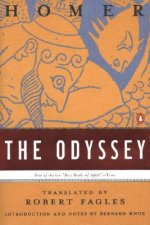
Odyssey
404 Kč -

Short Oxford History of English Literature
1301 Kč -

Collected Poems: Dylan Thomas
276 Kč
Osobní odběr Praha, Brno a 12903 dalších
Copyright ©2008-24 nejlevnejsi-knihy.cz Všechna práva vyhrazenaSoukromíCookies


 Vrácení do měsíce
Vrácení do měsíce 571 999 099 (8-15.30h)
571 999 099 (8-15.30h)